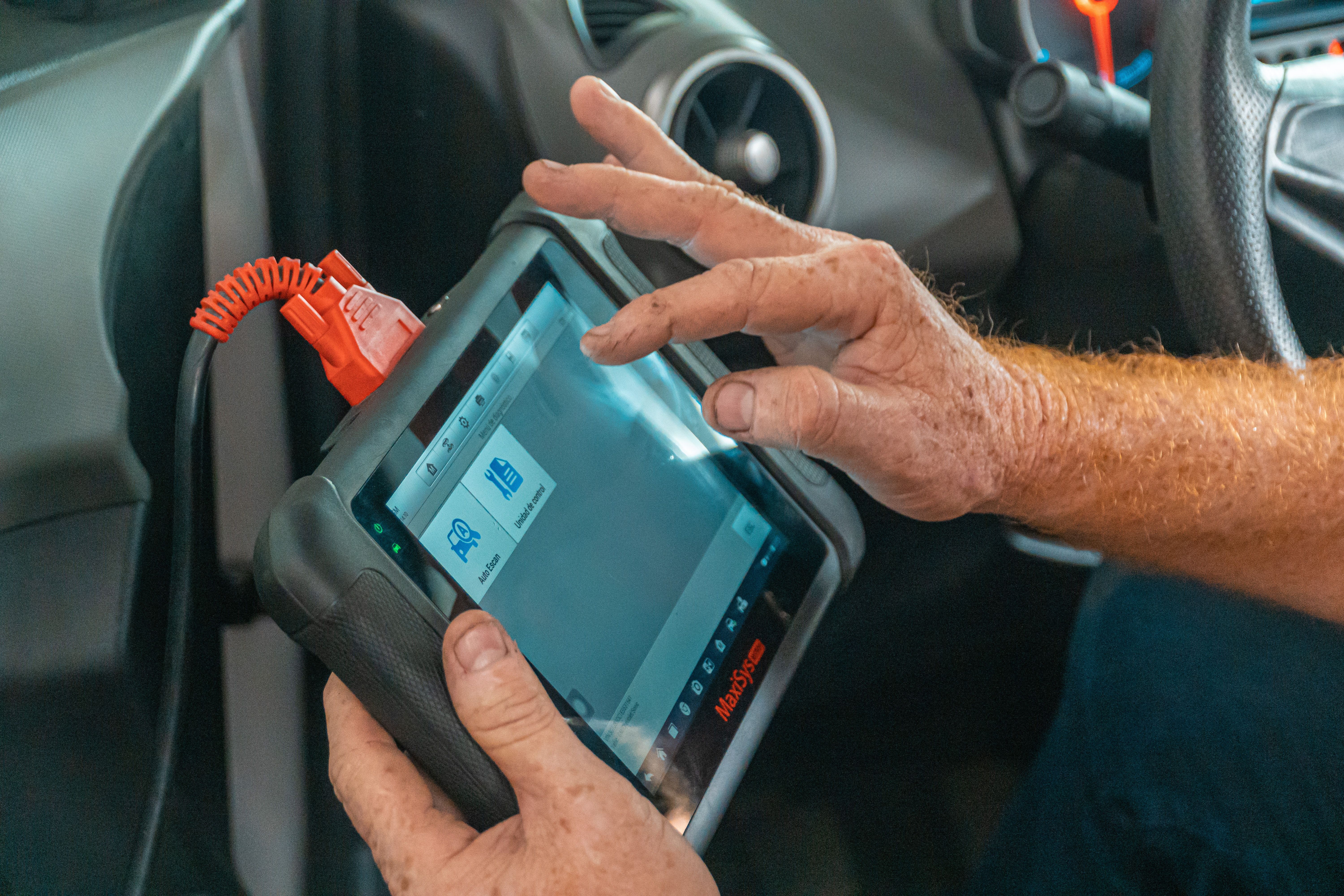Your car is one of the essential pieces of machinery that you own. It gets you from Point A to Point B, and life would be infinitely more difficult without it. But how much do you know about your car? Here are seven things you may have yet to learn about your ride.
1. You should also pay attention to your when bearings
Your car's bearings are responsible for supporting the vehicle's weight and absorbing shocks from road irregularities. Over time, these bearings can become worn and damaged, leading to problems with the suspension, steering, and braking systems. It is essential to have your bearings checked regularly by a qualified mechanic to ensure they are in good condition.
If you notice any noise or vibration from your car's suspension system, it may indicate that the bearings need to be replaced. In some cases, damage to the bearings can also cause problems with the alignment of the wheels. If you suspect your car's bearings may be worn or damaged, having them inspected and replaced as soon as possible is essential.
Also, note your vehicle's specific make, model, and year. Your GMC Sierra 1500 wheel bearings should not be replaced by Ford F-150 bearings. Even bearings of the same make or brand but with a different model may differ from your vehicle’s. If you are unsure about your vehicle's replacement parts, it is better to have them inspected by a qualified mechanic, as they may require special attention.
2. What is the difference between all-wheel drive and four-wheel drive?
All-wheel drive (AWD) and four-wheel drive (4WD) are systems that send power to all four of a vehicle's wheels. However, there are some critical differences between the two.
For one, AWD is typically found on lighter-duty vehicles, like sedans and crossovers, while 4WD is generally only available on heavier-duty trucks and SUVs. Additionally, AWD is mainly used for improving traction and stability in slippery conditions, while 4WD is designed for more extreme off-roading.
Finally, because 4WD requires extra hardware like a transfer case and differentials, it generally costs more money and weighs more than AWD. AWD is the better option if you're not planning on doing any serious off-roading.
3. How can I make my car more fuel-efficient?
There are a few different ways to do this. You can improve your car's fuel efficiency by ensuring that your tires are properly inflated. Another is to avoid idling for long periods of time. And finally, you can try to drive more steadily (i.e., no sudden acceleration or braking). Another way to improve your car's fuel efficiency is to use the manufacturer's recommended grade of motor oil. Finally, you can keep your car's engine in good shape by getting regular tune-ups and oil changes.
4. What is the “check engine” light?
We’ve all been there. You’re driving along and suddenly, a little light pops on your dash. It’s the check engine light, and it can be pretty scary when you see it.
But contrary to popular belief, the check engine light is actually your best friend. It’s there to let you know that something isn’t quite right with your car and that you should take it to a mechanic to have it checked out.
Ignoring the check engine light can lead to big problems down the road, so if you see it pop up, don’t ignore it! Here are several things that a “check engine” light is telling you:
- It could be a simple fix: Sometimes, your check engine light is on because of something minor, like a loose gas cap. If this is the case, tightening the gas cap will usually turn the light off.
- It could be a severe problem: If your check engine light is on because of something more serious, like an issue with your catalytic converter, it’s essential to get it fixed as soon as possible. Ignoring it could lead to expensive repairs down the road.
- You can usually drive safely with it on Unless the check engine light is accompanied by another warning light, like the oil pressure light, you can usually continue driving safely with it on. However, it’s always best to check it out as soon as possible.
- It may affect your emissions test: In some states, if your check engine light is on, you may not be able to pass an emissions test. So if you’re due for one, it’s best to get the problem fixed before you go.
- You can usually figure out what’s wrong: There are a few different ways to determine what’s causing your check engine light to come on. One way is to use an OBD-II scanner, which you can usually borrow from your local auto parts store. Another way is to look up the code associated with the light.
- You can reset the light yourself: If you’ve fixed the problem that caused your check engine light to come on, you can usually reset the light yourself. To do this, disconnect your car’s battery for a few minutes and then reconnect it.
5. Why do my brakes squeal?
There are a few reasons why your brakes might squeal. One is that the pads are wearing down and need to be replaced. Another is that the brake rotors may be warped or damaged and need to be replaced. Finally, the brake caliper could be sticking, which would also cause the pads to wear down prematurely.
If you hear squealing when you brake, it's important to have it checked out as soon as possible. Your brakes are vital to your safety, and you don't want to take any chances.
6. The average lifespan of a car is about 12 years
We all know that eventually, our cars will come to the end of their lives. But did you know that, on average, a car will last around 12 years? That's right - the average lifespan of a car is about 12 years.
So why is this a thing you didn't know about your car? It's probably because we don't like to think about our cars going out of commission. We'd instead enjoy them while they last.
But knowing the average lifespan of a car can be helpful in several ways. For one, it can help you budget for a new car sooner than you might have thought. It can also help you make sure you're getting the most out of your car while you have it.
7. How often should I rotate my tires?
Tire rotation is essential for maintaining even tread wear and extending the life of your tires. You should rotate your tires every 5,000 to 8,000 miles, depending on your driving habits and vehicle type.
If you don't rotate your tires, the front tires will show signs of wear before the rear tires. This can lead to uneven traction and handling and cause the front tires to fail prematurely.
There are a few different ways to rotate your tires, but the most common is to swap the position of the front and rear tires. This can be done by taking your car to a professional mechanic or by doing it yourself if you have the proper tools and know-how.

Your car is a complex machine, and a lot goes into keeping it running smoothly. By understanding these seven things about your car, you can be better prepared to take care of it and extend its lifespan.

